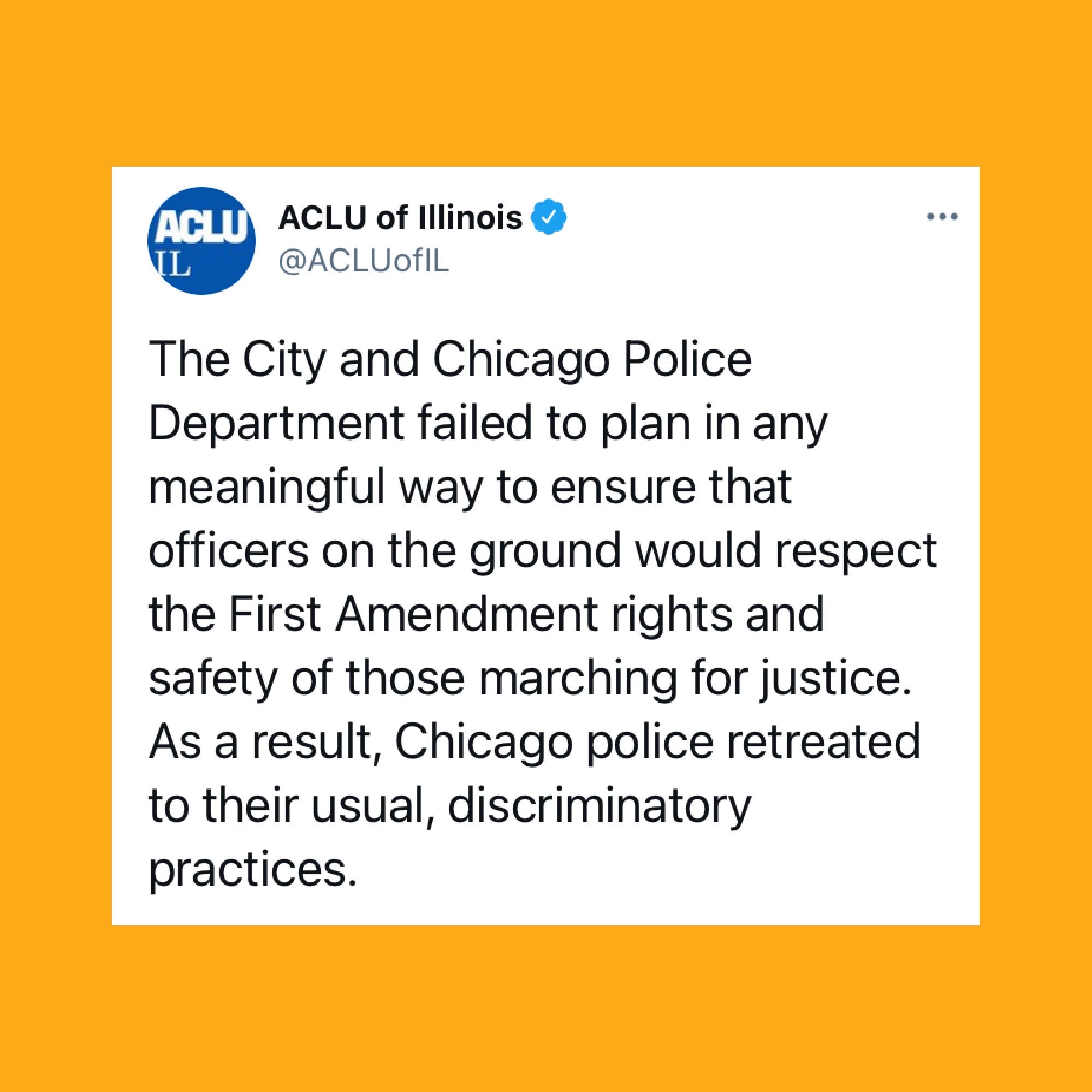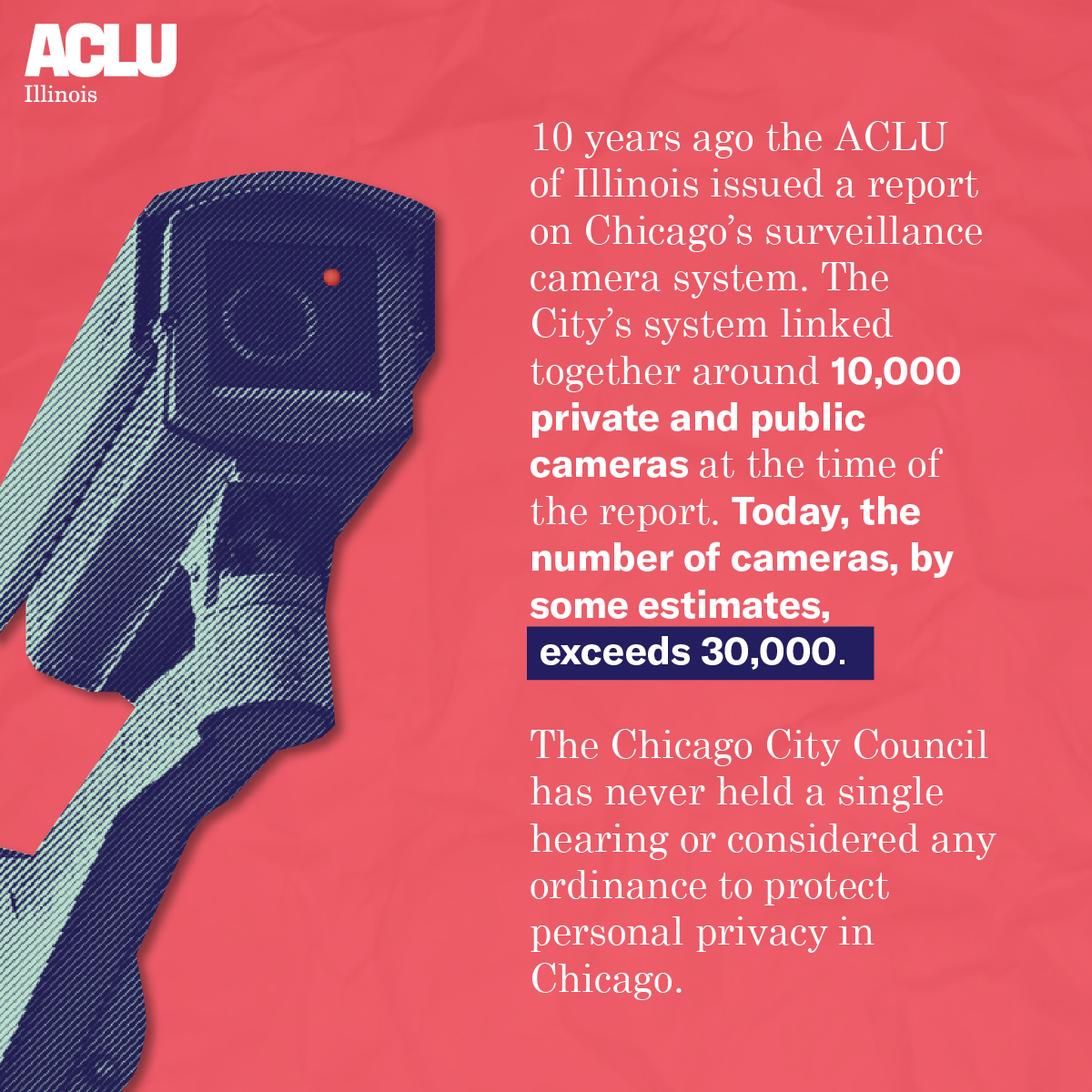As reports circulate this weekend suggesting that Governor JB Pritzker will sign a major police and criminal justice reform measure into law on Monday, it is important to note that the bill advanced by the Illinois Black Caucus in the lame duck session of the General Assembly early this year enjoys wide public support. The high level of support is meaningful, given that many media outlets continue to refer to the bill’s provisions as “controversial” or worse, echoing the claims of a small number of police unions, law enforcement officials and politicians resistant to any reform. But voters see this change as much needed and long overdue.
“In the wake of the last summer’s protests against police violence and the responses to the release of the video showing the humiliation and harassment of Anjanette Young, there is little doubt about the strong support for additional police accountability and criminal justice reform,” said Khadine Bennett, director of advocacy and intergovernmental affairs at the ACLU of Illinois. “That call reflected the views of millions from all across Illinois – and the legislature responded with House Bill 3653.”
“It is not accurate to suggest this is anything other than a much-needed package of policy solutions that have been called for by advocates and community members, legislation filed by many members of the General Assembly, including members of the Black Caucus over the years.”
In early 2021 the Illinois General Assembly approved House Bill 3653, following months of hearings and town hall meetings discussing policies that became part of the bill, including legislation proposed in the Spring 2020 session and other previous General Assemblies. Law enforcement voices – individuals and organizational voices – were invited to engage and were participants in this discussion, whenever they determined it was appropriate to engage. But after legislators rejected some of their arguments and passed the bill, police unions and some law enforcement have complained widely to the media about the process and arguing that the bill is a threat to public safety and policing in Illinois. But polling conducted by the ACLU in late 2020 demonstrates that these hyperbolic voices are a distinct minority.
Among other findings, public opinion research shows:
- 9 out of 10 (91%) Illinois voters support legislative efforts that hold police accountable for misconduct
- 69% of voters agree that reform is necessary now because of racial bias in policing
- Two thirds (66%) of Illinois voters would be more likely to support a state legislator who signals willingness to hold police more accountable for their actions to just 9% of voters who would be less likely.
Nearly 9 out of 10 Illinois voters back:
- Holding law enforcement accountable for violating individuals’ constitutional rights (89% say it should be a major priority)
- Establishing clear and consistent statewide limits surrounding the use of force by police, including deadly force (80% say it should be a major priority)
- Training all police to a clear and consistent standard surrounding the use of force by police, including deadly force (90% say it should be a major priority)
- Rules mandating that officers are held responsible when they use force without justification resulting in a death (88% support)
- Establishing consequences for not turning on dashboard or body cameras (88% support)
More than 3 out of 4 voters in Illinois support:
- banning chokeholds (76%)
- requiring a state agency to report when a police officer uses force (78%)
- 69% of voters want to end special protections for police officers – known as qualified immunity – that allows officers to escape from many lawsuits, denying victims of real harm a day in court.
“Despite weeks of claims by police officers and police unions that this bill is dangerous, it turns out that the legislation reflects the will of the voters that these officers serve. We encourage the Governor to sign the bill – policing policy, like all government policy, needs to reflect the voice of the public. No public entity can simply write its own rules and reject appropriate oversight,” added the ACLU’s Bennett.
The polling referenced here is drawn from two separate polls of 600 registered voters in Illinois. The first poll was conducted by Global Strategy Group from October 27 - November 4. The second poll, also conducted by Global Strategy Group, fielded from December 15-21, 2020. Each survey, respectively, has a margin of error of +/- 4.0% and were conducted online using a voter file match. Care was taken to ensure that each poll represented the geographic and demographic divisions of the population of registered voters.

